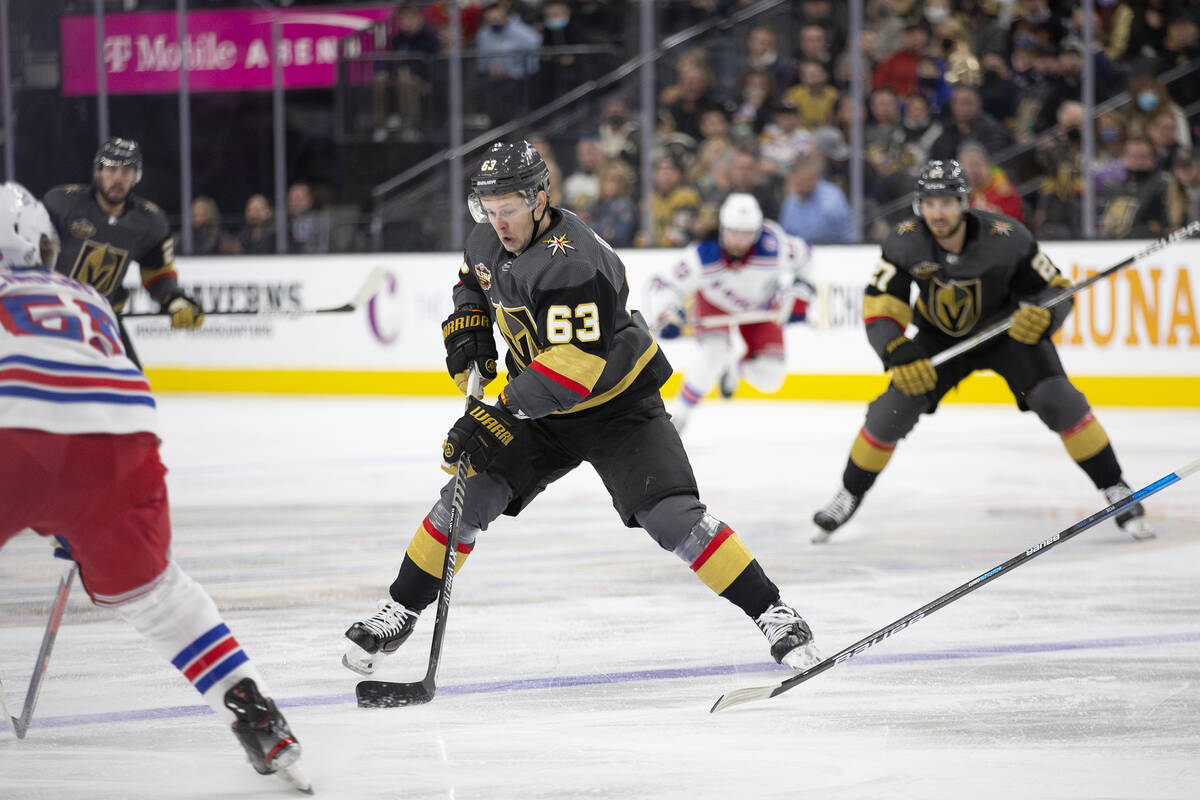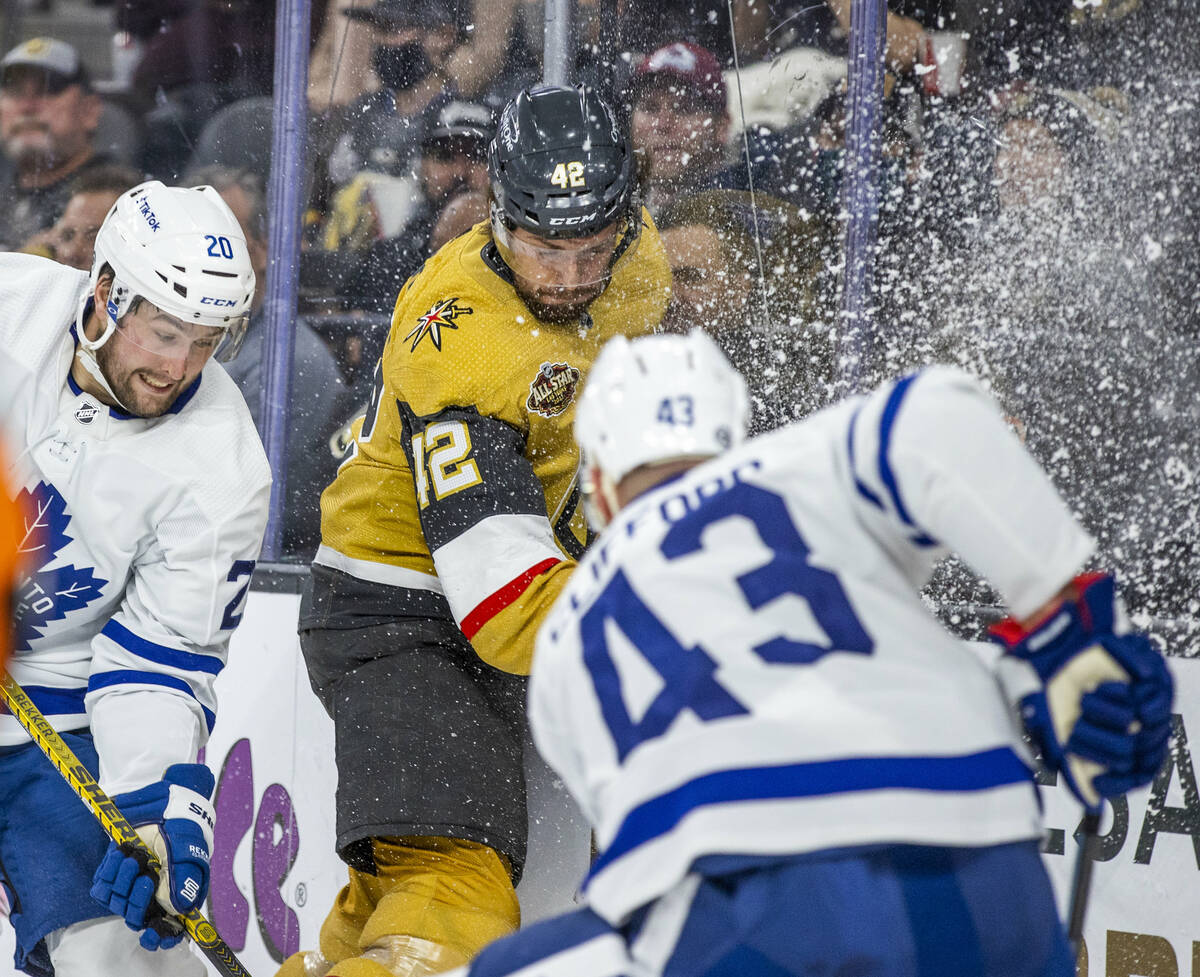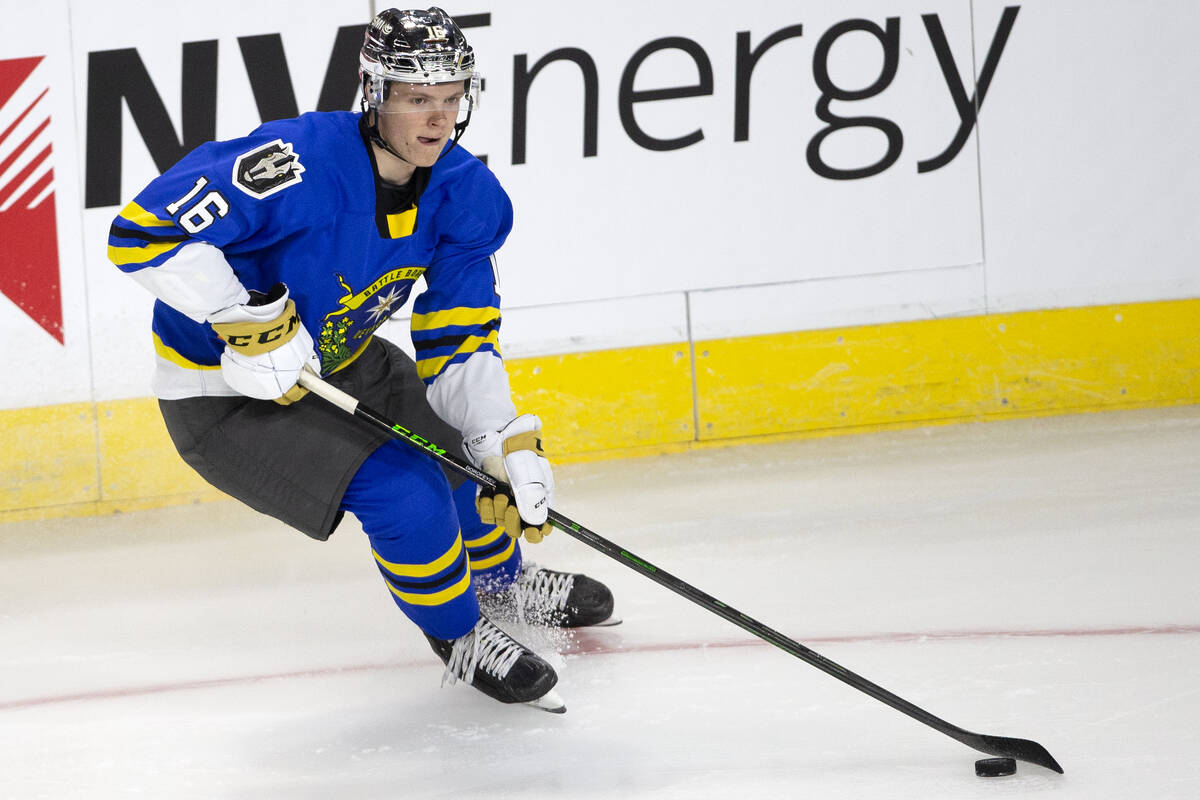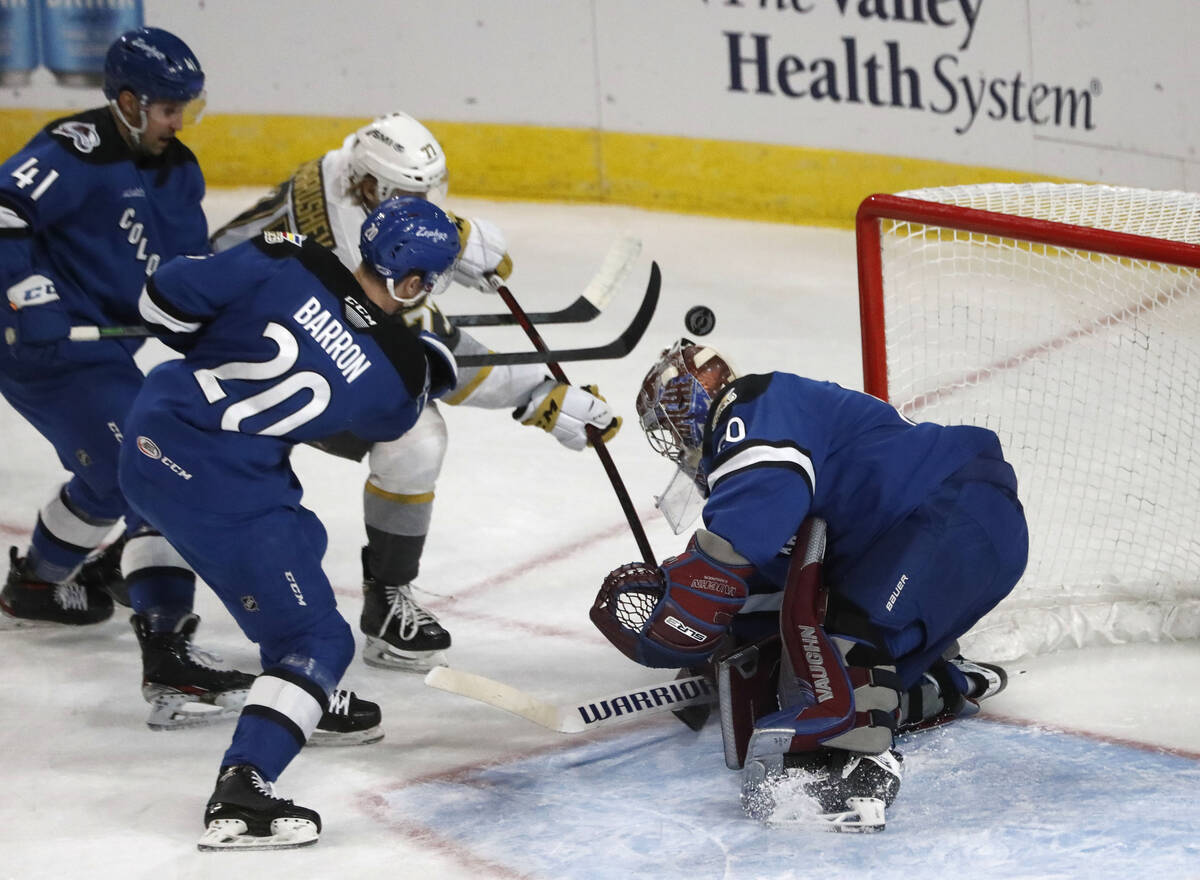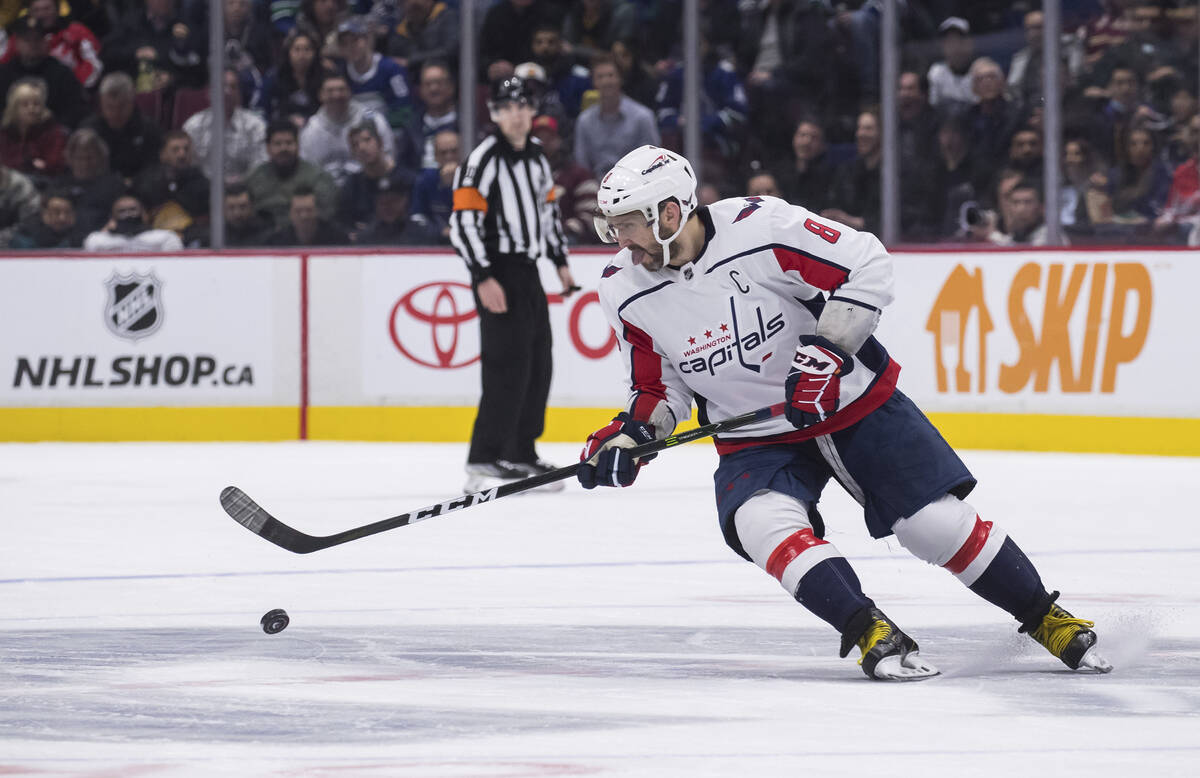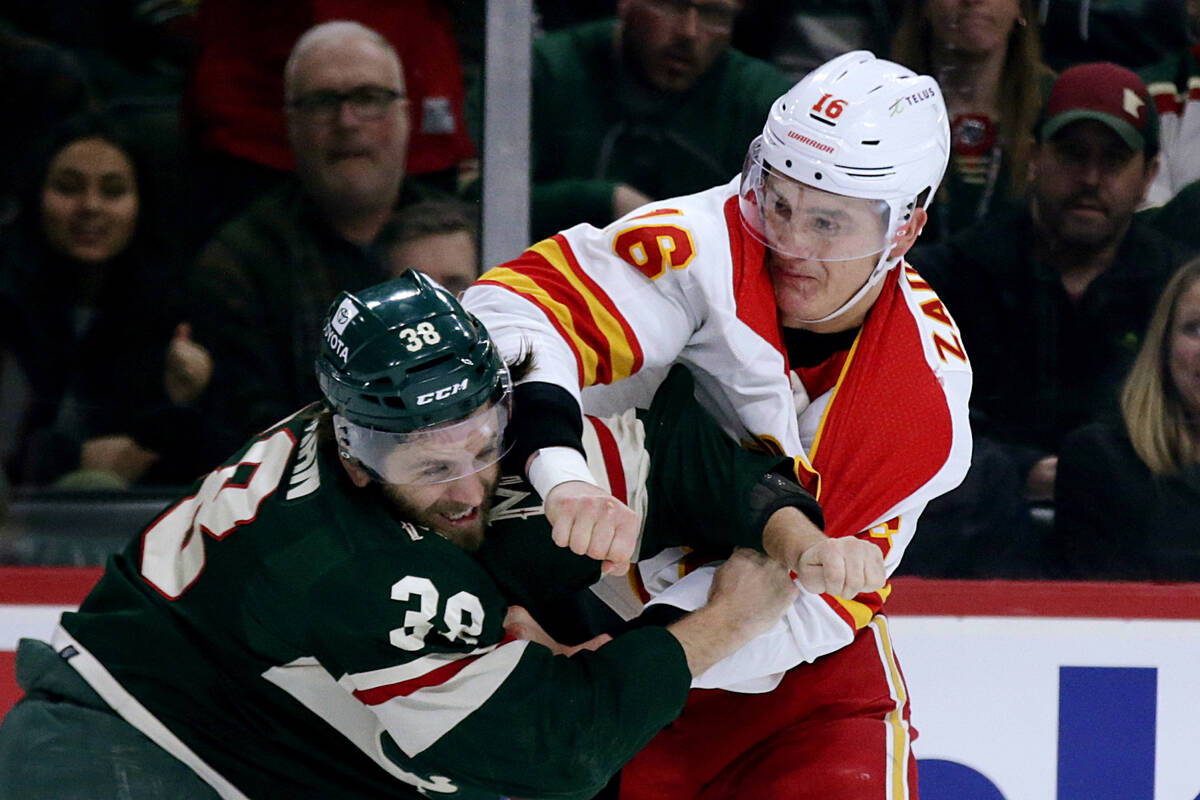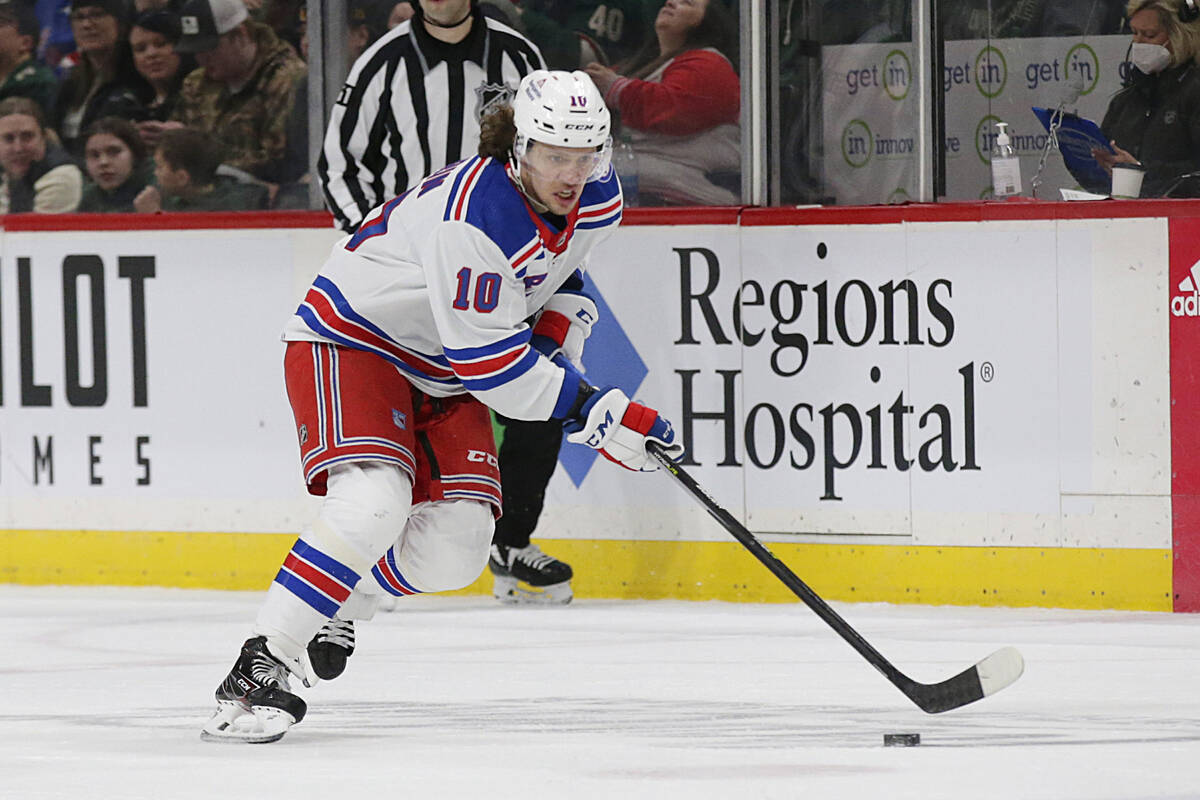NHL supports Russian players during invasion of Ukraine
The invasion of Ukraine has caused the NHL to re-evaluate its ties with Russia and left many of the league’s Russian players caught in the middle.
The players are an ocean away, but still facing increased scrutiny for actions they are not involved in.
Dominik Hasek, one of the greatest goaltenders in NHL history, said Wednesday on Twitter he would suspend all of the NHL’s Russian players because they are advertising for their country by competing. He acknowledged the NHL “has a different view at the moment,” but the public pressure the players are facing is real.
It’s put them in an awkward place, even after the NHL issued a statement Feb. 28 condemning Russia’s actions but offering support for its Russian players.
“We also remain concerned about the well-being of the players from Russia, who play in the NHL on behalf of their NHL clubs and not on behalf of Russia,” the league said. “We understand they and their families are being placed in an extremely difficult position.”
There were 41 Russian players on NHL rosters as of last week on 24 of the 32 teams. Some of them — such as Washington’s Alex Ovechkin, the New York Rangers’ Artemi Panarin and Minnesota’s Kirill Kaprizov — are some of the league’s brightest stars. Panarin has the second-highest cap hit in the NHL at $11.643 million. Six of the 20 highest cap hits belong to Russian players.
Eleven teams have multiple Russian players, including the Golden Knights in left wing Evgenii Dadonov and defenseman Daniil Miromanov. The Knights also have forwards Pavel Dorofeyev and Maxim Marushev on their American Hockey League roster in Henderson.
The Knights declined to make any Russian players in their organization available for comment. It’s clear all of them are in a difficult position now that the NHL has suspended its relationships with its Russian business partners, paused its Russian language social and digital media sites and stopped considering Russia as a location for any international games.
The league also instructed its clubs to cut off communication with Kontinental Hockey League clubs and Russia-based agents “until further notice,” deputy commissioner Bill Daly said in an email to the Review-Journal.
Russian players are largely staying silent about the conflict. Dr. Dmitri Shalin, a UNLV sociology professor, wrote in an email to the RJ that “speaking out publicly against (Russian president Vladimir) Putin in today’s Russia is to risk your life.” Shalin added that laws were passed recently that criminalize criticism of the country’s war efforts and can lead to 15 years in prison.
That’s why only two notable players — Ovechkin and Calgary defenseman Nikita Zadorov — have commented on the invasion. Zadorov posted an image on his verified Instagram account with the words “NO WAR.” Ovechkin, who is tied for the third-most goals in NHL history, spoke at a news conference.
Ovechkin was receiving scrutiny because of his ties to Putin. The profile picture of Ovechkin’s verified Instagram account with 1.6 million followers features him and Putin. A MassMutual commercial featuring Ovechkin is no longer on the air, a company spokesperson said.
“Please, no more war,” said Ovechkin, who has family in Russia. “It doesn’t matter who’s in the war. Russia. Ukraine. Different countries. We live in a world where we have to live in peace.”
The fact that most Russian players haven’t talked about the conflict hasn’t stopped them from receiving harassment. Agent Dan Milstein of Gold Star Sports Management Group, which represents several prominent Russian players, such as Tampa Bay’s Nikita Kucherov and Andrei Vasilevskiy, posted on Twitter that one of his Russian-born clients in the Ontario Hockey League had an anti-Russian slur directed at him. There are Ukrainian flags in the comments of the last post on Dadonov’s verified Instagram account, even though it is from 2019.
Milstein, a political refugee from Ukraine who came to the U.S. in 1991, didn’t respond to a message seeking comment.
The online threats and comments are serious enough that the NHL and players association have talked about increased security measures to support Russian players. Some Russian players, their representatives and NHL teams also have talked to immigration lawyers recently to discuss applying for asylum or permanent residency in North America, according to TSN.
Potential future Russian NHL players also are in a difficult position. The lack of communication with KHL teams and Russia-based agents could make it difficult for them to come to North America. For example, the Knights’ 2018 second-round pick, Ivan Morozov, has a KHL contract that expires April 30.
General manager Kelly McCrimmon recently said Morozov is a prospect the team holds in “very high regard,” but it remains to be seen when he will sign his entry-level contract. It’s one of many issues and questions that have been raised as the NHL distances itself from Russia.
“It’s sensitive stuff,” said Knights coach Pete DeBoer, whose mother is Ukrainian. “My only opinion on it is it’s probably the last thing we need with what the world’s gone through in the last three years, but those are decisions that people make.”
Contact Ben Gotz at bgotz@reviewjournal.com. Follow @BenSGotz on Twitter.



